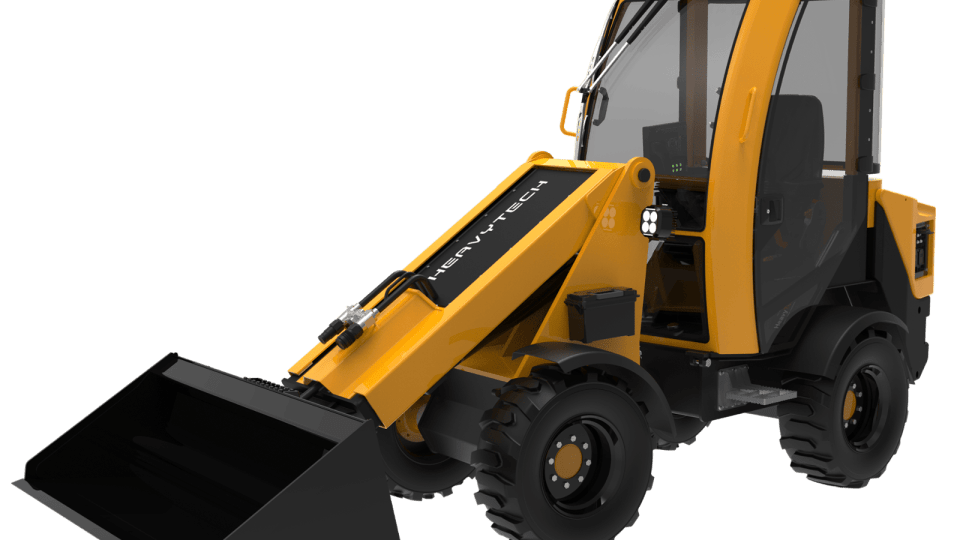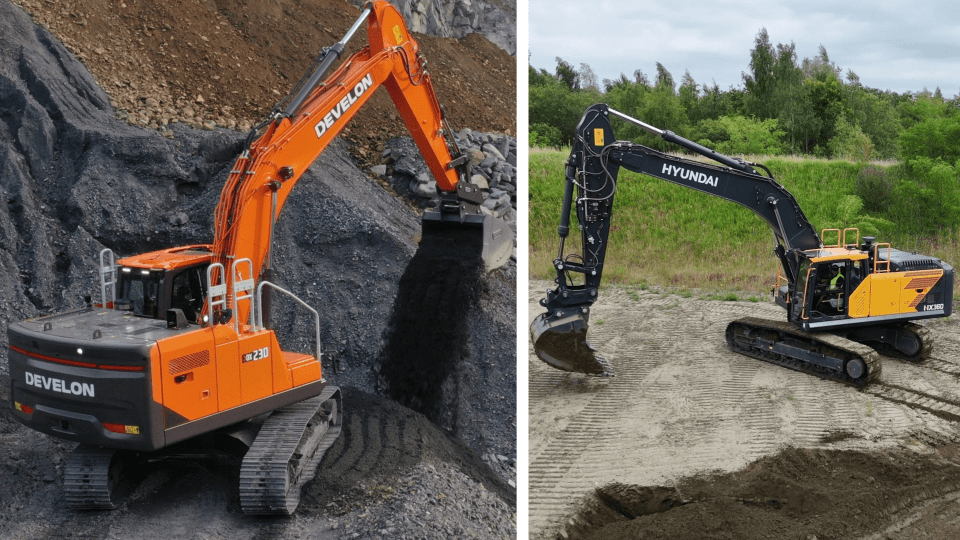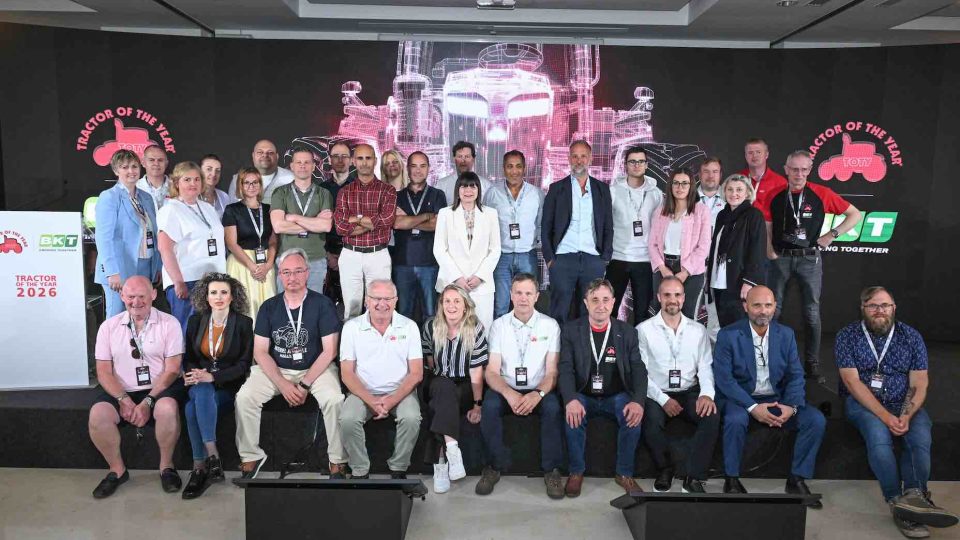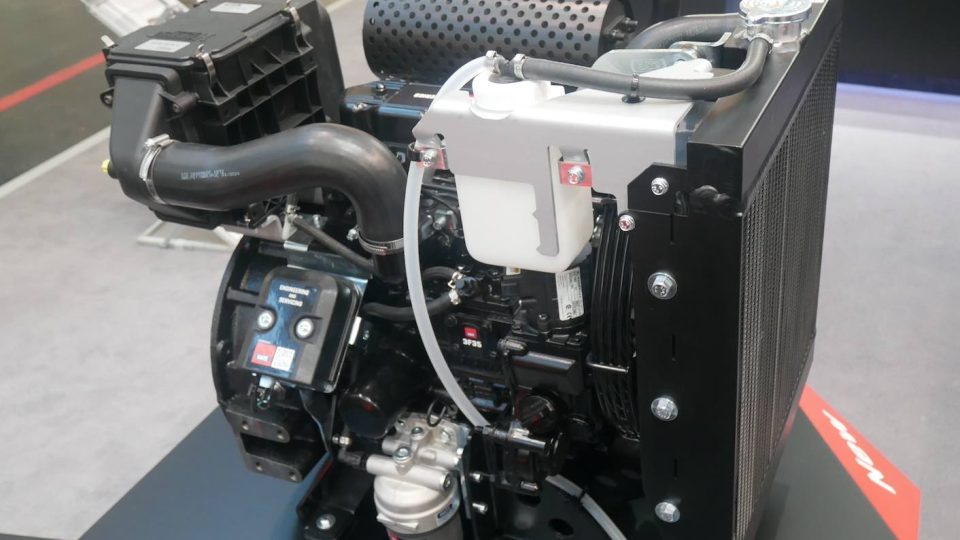Sandvik chooses Caterpillar HVO capable engines
Caterpillar will be supplying C-Series engines to Sandvik Mobile Crushers and Screeners to power its mining and construction equipment. These HVO capable engines run on a range of renewable and alternative fuels, allowing Sandvik to reduce carbon dioxide emissions.
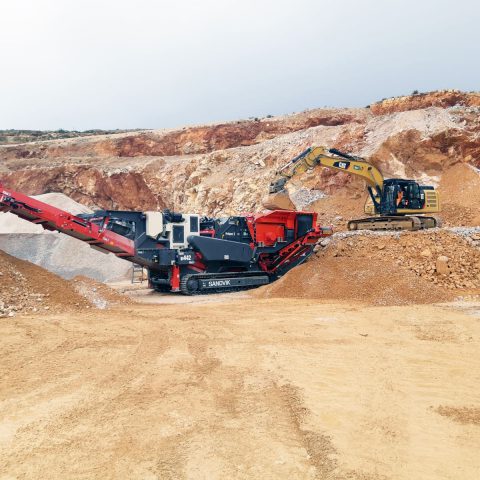
Caterpillar will be supplying C-Series engines to Sandvik Mobile Crushers and Screeners to power its mining and construction equipment. These HVO capable engines run on a range of renewable and alternative fuels, allowing Sandvik to reduce carbon dioxide emissions. Sandvik is a commercial and industrial equipment supplier, providing leading solutions for the mining, quarrying and construction industries.
Caterpillar’s long-standing commitment to sustainability and support for customers during the energy transition to a lower-carbon future means its industrial engines have for many years been capable of running on a range of renewable and alternative fuels.
Caterpillar and Sandvik run on HVO
The Cat C-Series engines supplied to Sandvik Mobile Crushers and Screeners to power its mining and construction equipment can run on renewable and alternative fuels including hydrotreated vegetable oil (HVO) certified to EN15940 or ASTM D975.
Sandvik have successfully completed testing on their range of machines to confirm that they can operate with HVO without modifications to either the engines or the fuel tanks. This helps Sandvik and their customers to reduce the net carbon dioxide emissions by up to 90% compared with conventional diesel.
“We are focused on developing our products and services to help our customers transition to a low-carbon economy and fulfill our company’s purpose to help build and power a better and more sustainable world,” commented Steve Ferguson, Vice President Caterpillar Industrial Power Systems.






